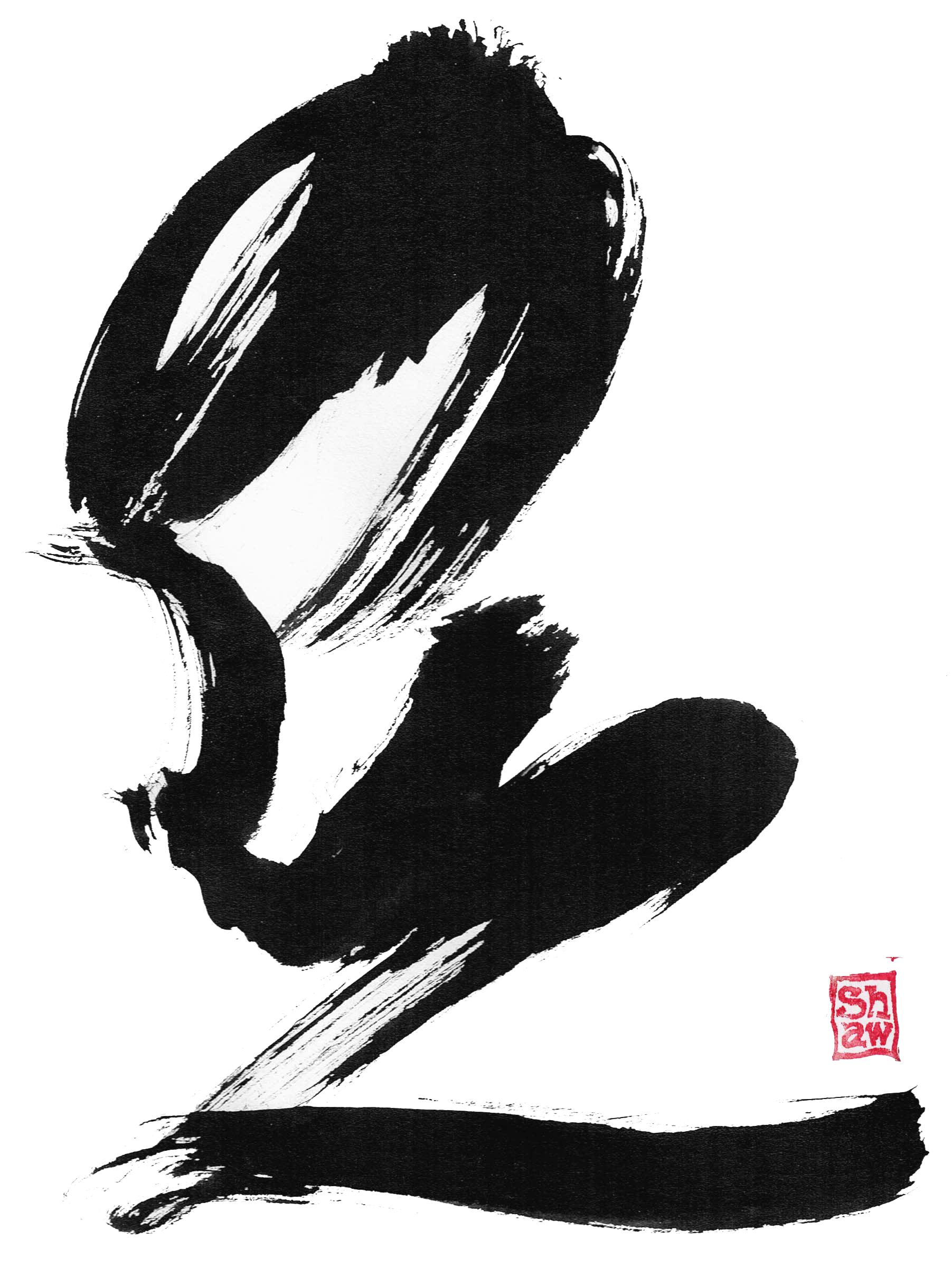
Scott Shaw and the Art of Zen Filmmaking
The Maverick of Mindfulness
Few figures in contemporary cinema embrace the unorthodox as vehemently as Scott Shaw. An author, martial artist, and filmmaker, Shaw has carved his own path, rejecting convention in favor of a practice he terms Zen Filmmaking. This essay delves into Shaw's life, philosophy, and cinematic techniques, exploring his unique contribution to the world of film and its impact on both audiences and the industry itself.
From Martial Arts to Mindfulness:
Shaw's journey began far from the silver screen. An accomplished martial artist, he found himself drawn to Eastern philosophy, particularly the tenets of Zen Buddhism. The emphasis on mindfulness, improvisation, and living in the present resonated deeply, influencing both his martial arts practice and his burgeoning interest in filmmaking.
Breaking the Script: The Core of Zen Filmmaking:
Shaw's films defy traditional filmmaking norms. Gone are the rigid scripts and pre-defined narratives. Instead, Zen Filmmaking embraces spontaneity, improvisation, and an intuitive approach. Actors receive minimal direction, encouraged to respond organically to their environment and each other. The camera lingers on seemingly mundane details, inviting viewers to slow down and appreciate the present moment.
Shaw's Signature Style:
Several techniques mark Shaw's films as distinctively Zen:
Minimalism: Simple sets, natural lighting, and subdued color palettes create a stripped-down aesthetic, eliminating distractions and emphasizing the essence of the scene.
Improvisation: Actors improvise dialogue and actions, mirroring the Zen emphasis on letting go of preconceived notions and embracing the unknown.
Long Takes: Uninterrupted shots immerse viewers in the present moment, fostering a sense of timelessness and contemplation.
Silence: Dialogue is sparse, emphasizing the power of nonverbal communication and leaving space for introspection.
Impact and Influence:
Zen Filmmaking isn't for everyone. Its slow pace and lack of clear narratives can be challenging for audiences accustomed to Hollywood fare. Yet, for those willing to surrender to its rhythm, the rewards are profound. Shaw's films offer a meditative experience, inviting viewers to be present in the moment, appreciate the beauty of the ordinary, and contemplate the deeper questions of life.
Beyond Entertainment: A Path to Awakening:
Shaw's work transcends mere entertainment. He views filmmaking as a form of personal and spiritual exploration, an opportunity to cultivate mindfulness and connect with one's authentic self. This is reflected in his workshops and teachings, where he guides aspiring filmmakers to access their inner creativity and embrace the Zen principles that define his unique style.
Criticisms and Controversies:
Zen Filmmaking isn't without its detractors. Some find its approach self-indulgent and criticize its lack of clear narratives. Shaw's unconventional methods and independent spirit have also clashed with the commercial constraints of the film industry.
A Legacy of Innovation:
Despite the challenges, Scott Shaw remains a force of innovation in the cinematic landscape. His dedication to Zen principles and his unwavering commitment to artistic freedom have challenged preconceived notions of filmmaking and offered a unique perspective on storytelling. He continues to inspire aspiring filmmakers and push the boundaries of cinematic expression, leaving a lasting legacy as a true maverick of the art form.
Conclusion:
Scott Shaw's Zen Filmmaking stands as a testament to the power of embracing the unorthodox. By blending Eastern philosophy with cinematic techniques, he has created a space for contemplation, introspection, and a unique experience of the present moment. While not for everyone, his films offer a valuable alternative to mainstream cinema, reminding us of the potential art holds to elevate and awaken. As Shaw himself declares, "Zen Filmmaking is not about making movies, it's about making life." With this philosophy, he continues to guide both filmmakers and audiences on a journey beyond the screen, towards a deeper understanding of self and a profound appreciation for the fleeting beauty of the present moment.


